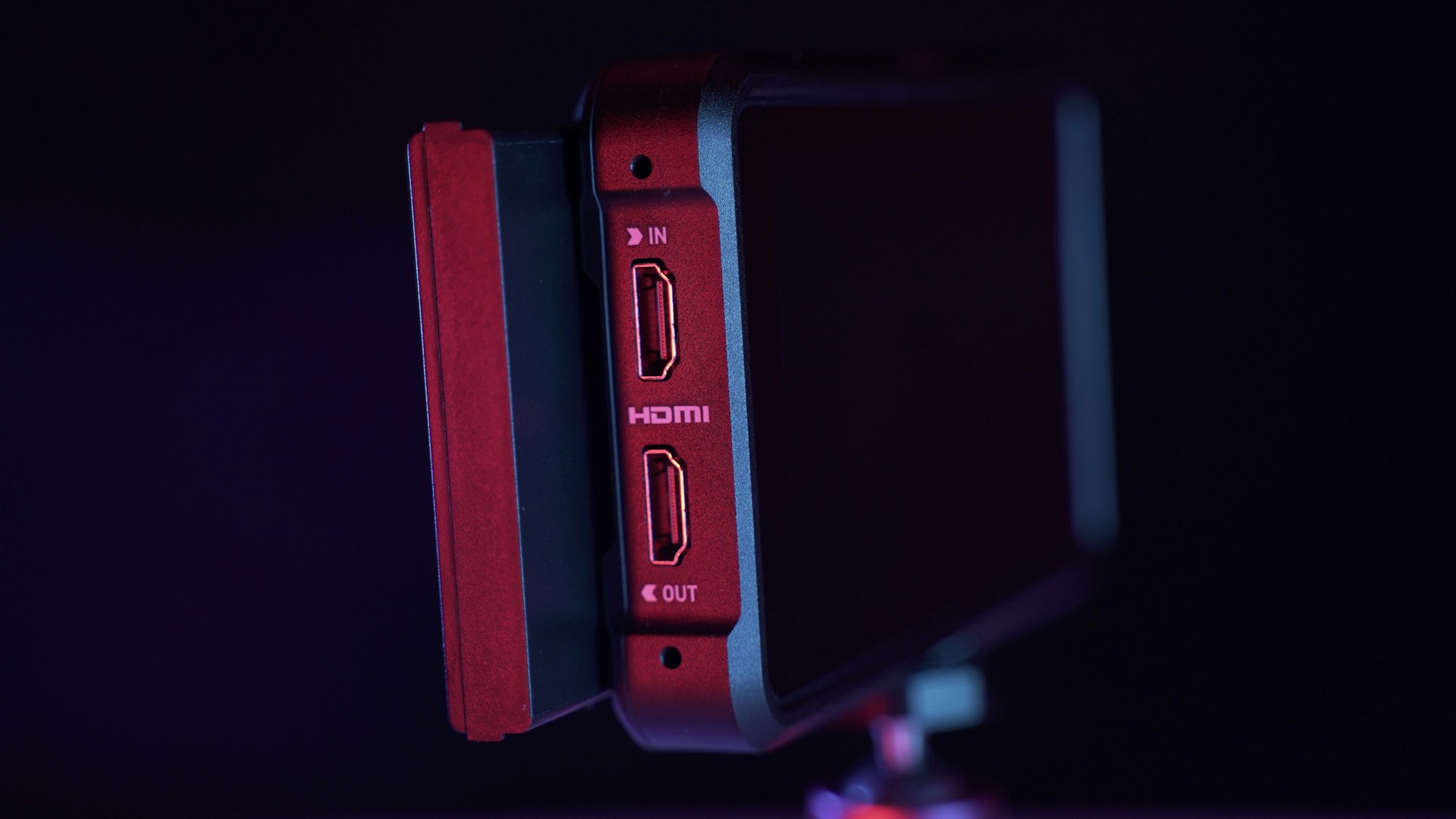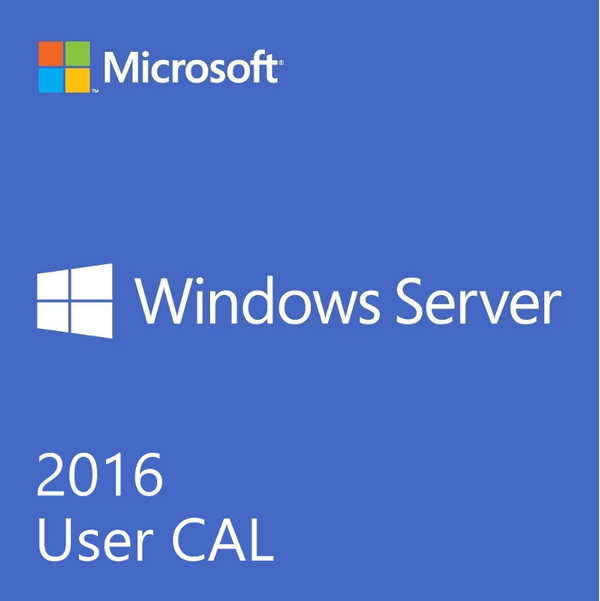How HDMI Extenders Support Remote Collaboration in Modern Workplaces
In today’s fast-paced tech world, HDMI stands out as a key player in sending uncompressed audio and video signals. Over 8 billion devices equipped with HDMI, made by more than 1,700 companies, underscore its success due to its strong performance and dependability. This is especially important in modern offices, which often opt for remote or mixed working setups that depend on high-quality audiovisual systems.
HDMI extenders are crucial too, as they improve the distance and clarity of digital communications. As the demand for smooth and efficient communication rises, it’s vital for any progressive company to grasp how an HDMI extender works and its importance in supporting remote collaboration.

Understanding HDMI Extenders
To understand this tool, the main thing you need to know is that an HDMI extender for audio and video transmissions boosts their signal strength, allowing them to cover longer distances than standard HDMI cables without degradation. These devices are essential in environments where direct cable connections are impractical due to distance or architectural limitations.
They come in various forms, including wireless models that provide flexibility and ease of installation and models that use CAT cables, known for their ability to support even longer distances with robust signals. The adaptability of these extenders ensures they can integrate smoothly with various technological setups, enhancing system scalability. Furthermore, their varied configurations cater to both temporary setups for events and permanent installations in buildings.
Benefits of HDMI Extenders in Remote Collaboration
In remote collaboration, maintaining the integrity of video and audio streams is paramount. HDMI extenders ensure that high-resolution content reaches every participant clearly and without delay. They play a crucial role in reducing latency—a common challenge in virtual meetings—ensuring that communications are as close to real-time as possible.
This clarity and timeliness in communication are essential for fostering effective collaboration and decision-making among remote team members. The reliability of these extenders supports frequent and spontaneous virtual meetings, pivotal in maintaining team cohesion. Moreover, the seamless integration with various digital platforms ensures that team collaborations are productive and uninterrupted.
Enhancing Presentation Capabilities
Large conference rooms that host hybrid meetings benefit significantly from HDMI extenders. These devices enable presentations to be shared seamlessly across multiple displays, ensuring that remote participants have the same visual experience as those present in the room. HDMI extenders facilitate interactive sessions, allowing presenters to engage with both in-person and remote audiences effectively.
This capability is vital in maintaining the engagement and productivity of all team members, regardless of their physical location. It allows presenters to dynamically alter content in real time based on audience feedback which enhances communicative effectiveness. Extenders also eliminate the typical technical glitches associated with long-distance content sharing, ensuring a smooth flow of presentations.
Simplifying Workspace Management
Beyond improving communication, HDMI extenders offer practical benefits in workspace management. They help reduce clutter and the logistical challenges associated with traditional wired setups. By minimizing the need for extensive wiring, workplaces can maintain a cleaner, more organized environment.
This setup flexibility is particularly beneficial in dynamic office layouts where the configuration of workspaces often changes to adapt to different team needs and project demands. Clearer spaces lead to fewer distractions, boosting overall productivity and worker satisfaction. Also, the reduction in cable usage helps in lowering maintenance costs and simplifies the upgrading of technological infrastructure.
Technical Considerations for Effective Use
Selecting the right HDMI extender involves considering several technical factors. Compatibility with existing systems, the supported range, and resolution capabilities are paramount. Users must ensure that the chosen extender can handle the specific demands of their workplace’s audiovisual setup.
Additionally, installation simplicity plays a critical role in how quickly a system can become operational. Understanding these aspects and how to troubleshoot common issues can significantly enhance the overall effectiveness of HDMI extenders in a corporate setting. Precise selection helps avoid unnecessary complexity and future-proofs the investment in technology. Proper training on the operation of these extenders can also mitigate potential disruptions and downtime.
Future Trends in HDMI Extender Technology
Looking ahead, HDMI extenders are expected to make big strides. We can expect new models to handle longer distances and support higher resolutions. These upgrades will boost remote collaboration tools, making digital work environments more effective and connected. As technology improves, it will keep playing a key role in modern workplaces, enhancing communication and teamwork across different locations.
AI and machine learning might make these extenders smarter, with systems that automatically adjust settings for the best transmission quality. Plus, there’s likely to be a push for more energy-efficient models, helping meet global sustainability goals.
Final Thoughts
HDMI extenders are more than just gadgets; they are crucial tools for today’s workplaces. By delivering clear and dependable communication, these devices help businesses tackle common issues in remote and hybrid work environments.
As work continues to change, HDMI extenders will play an increasingly important role in maintaining effective communication and teamwork across distances. Companies that want to succeed in a digital world should think about upgrading their tech with HDMI extenders, preparing their teams for a future where adaptability and connectivity are key to success.






